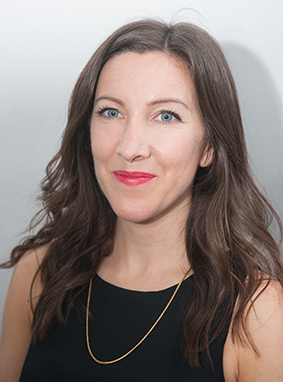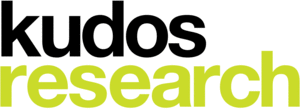
Chaired by festival of newMR originator, Ray Poynter, the event was an opportunity for ICG members to put their burning questions to an expert panel. Fielding the questions were:
- Mike Brown (MB), ex-head of research, RBS
- Becky Rowe (BR), MD of ESRO
- Paul Edwards (PE), chief strategy officer, Hall & Partners
- Janet Kiddle (JK), founder, Steel Magnolia and ex-MD of TRBI
- Ken Parker (KP), AQR chairman
Here are some of the key discussion points raised.
How independent researchers can stay up-to-date with new technology:
PE: You can’t be on top of all new technology, but you’ll seem old-fashioned if you’re not aware of them. The best approach is to be a ‘translator’: that is, to know enough to understand which expert to bring in and when, and how to justify this to your client.
MB: As a client I’m always wary of methodology-led proposals. I got used to, and sick of, black box solutions. The best approach is to be expert in some things but, more importantly, to know when to apply your expertise.
The most important trends impacting qual research:
JK: Online communities; bulletin boards. Basically a move to do everything online. And there’s a threat that goes alongside that: untrained people think they can easily run a research project using these tools themselves.
BR: Speed. By that I mean the trend of not having proper time for analysis. More and more companies are just repeating back things that people have said – there’s some filtering, but no analysis or strategy. No recommendations. Research should be about more than just collecting quotes.
KP: We’re at a crossroads. We either take the path of doing research quicker, cheaper and not very well, or we stick to what we’re good at – be proud of what we do. It’s not just about soundbites.
How to balance speed with rigour:
MB: I don’t think you can balance it. It’s a symptom of bad clients – if they’re asking you to ‘run a couple of groups’ over the weekend, they deserve what they get. And you deserve a fat invoice.
BR: The best thing is to be honest with your client about the trade-off between speed and quality, but to be flexible. They may have a strategic reason for needing something the next day – you can always meet that target then deliver more depth later.
PE: This is an area where the experienced independent has an advantage – you can rely on your intuition instead of spending hours on analysis. That plays a big part.
If ‘one man band’ researchers can hope to compete with the likes of Ipsos MORI and TNS Global:
MB: Independent researchers can offer what the juggernauts can’t: personal and, more importantly, fast service. If you work with a big company, you work at their pace. You also pay the cost of a lack of transparency with their ‘black box’ solutions.
PE: Big solutions are an opportunity for independents because any fool can run them. With independents you know what you’re getting, and that’s expertise.
KP: There is a threat to independents though, and that’s procurement. Big clients use big agencies because independent researchers struggle with the long, complicated procurement process.
Whether ‘big data’ is a big threat to independents:
PE: The horror picture of big data for me is that now we’ve got, for example, your phone data and we know what you bought in Tesco, we use that to design when and where to target you with your ideal offer. That would be the death of brands for me. If you just rely on this you’ll never understand anything – you need an understanding of people and the sense of humanity behind these decisions.
BR: It’s not the size of the data, it’s what you do with it that counts. Many ethnographers are coming into data analytics – it’s an opportunity to demonstrate an understanding of people and to apply that to interpreting data.
JK: There’s certainly a lot going on with regard to what technology will allow us to do, but you must keep people at the heart of your business. If you’re not talking directly to them and looking at their behaviour, then you’ve only got half the story.
RP: Big data projects cost too much to impact independents. In fact, it will be another 10 years until this stuff is a threat to the likes of TNS and Ipsos.
If there’s any point in asking people why they do what they do, since they don’t seem to know:
KP: We’ve never claimed to get the absolute truth. What we’re trying to do is understand consumers and interpret what they do and be a catalyst for change. We can use observation and projective techniques but we can’t ever get to the absolute truth of anything.
JK: A decision made as a result of research is only as good as the client making the decision. There’s always an element of human error.
BR: 80% of the time, what people tell you they do is what they do. There are some projects, like concept testing, where there’s no other way of doing it. It’s just about designing the right methodology.
MB: Often getting at the truth isn’t actually the research priority for the client. They may just need to tick the research box. Occasionally you get research commissioned in an open-minded way, but a lot of the time the motivations for buying research aren’t pure.









0 Comments